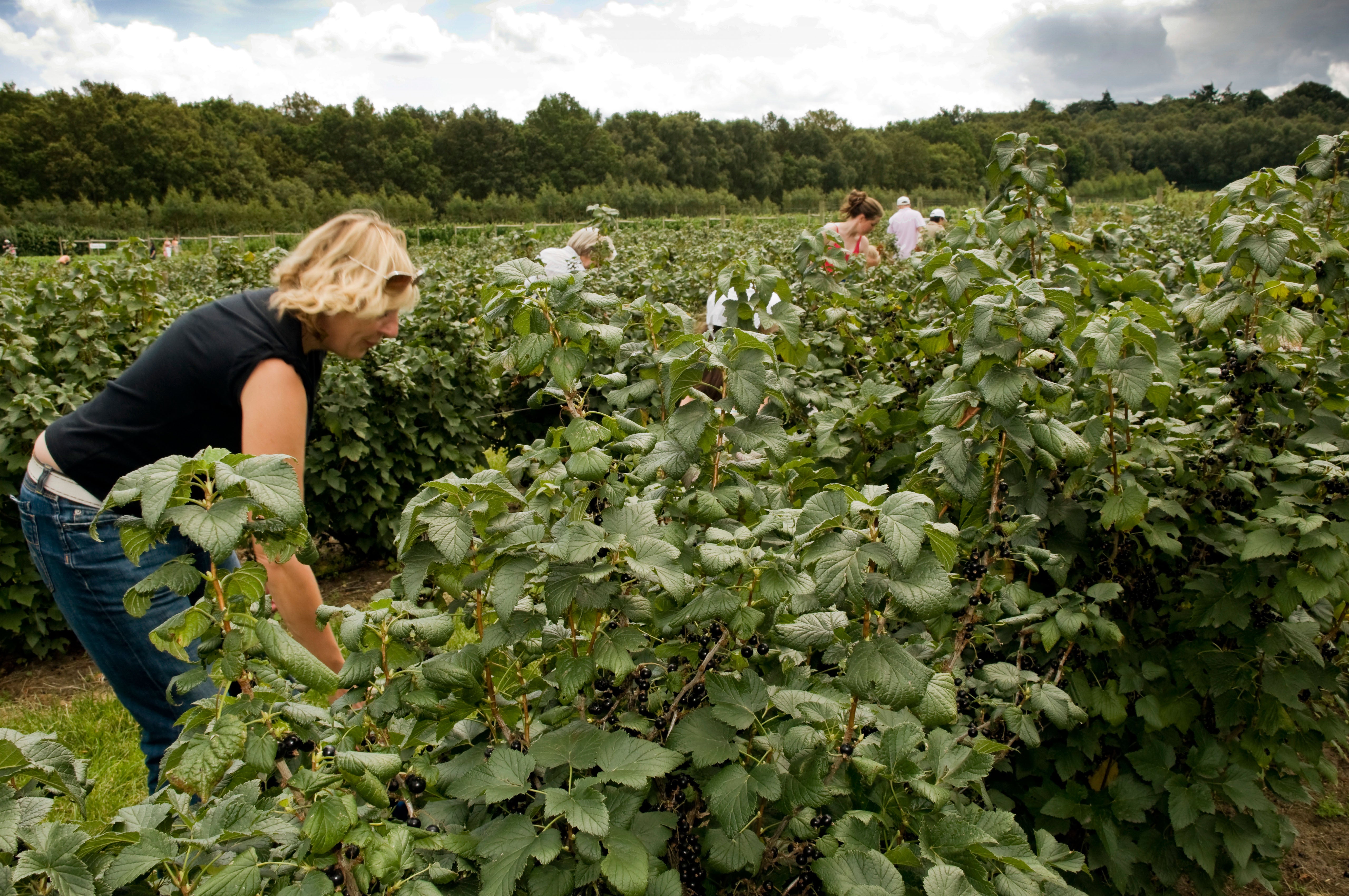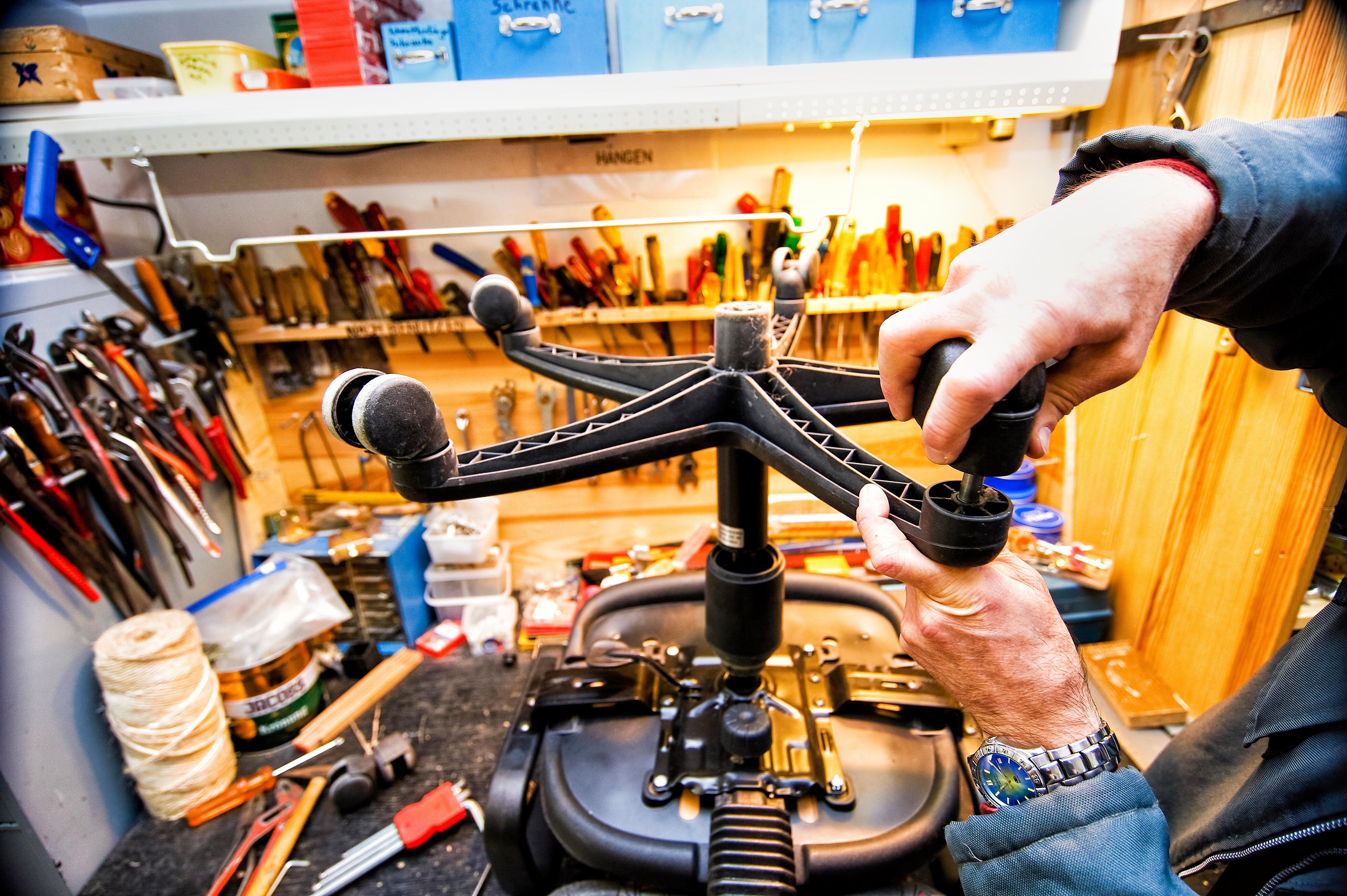In a world grappling with a cost-of-living crisis and the escalating impacts of climate change, this year's Earth Day theme, "Our Power, Our Planet," resonates with particular urgency.
On April 22, Earth Day serves as a potent reminder that individual actions can help tackle climate change and boost personal finances.
As extreme weather events become increasingly frequent, driven by climate change, many individuals are seeking practical ways to mitigate their environmental footprint while simultaneously alleviating financial pressures.
Mary Corfield, head of campaigns delivery at The Climate Coalition, offers insights into simple, everyday changes that can achieve both these goals.
Buy from charity shops
Mary Corfield, who oversees the delivery of the Great Big Green Week – one of the biggest celebrations of action on climate and nature in the UK – says there are plenty of ways to refresh your wardrobe without buying brand new.
“You can look to get things from great second-hand providers or use vintage clothing,” she explains. “You can also use charity shops, eBay or many types of platforms that can give you brilliant ways to be fashionable and create really stylish new outfits. This also is then, of course, cheaper than going into a high street and buying stuff brand new.”
Eat sustainably

“Food waste is a huge thing within the UK and for many people who are struggling financially they look at what they’re spending on their food to try save costs,” says Corfield.
“Therefore eating sustainably can really help with that. For example, planning ahead and thinking about what you’re going to buy can help. Buying fruit and vegetables that are seasonal and British can be both cheaper and healthier for you. Turning leftover items from one meal into another also works such as making soup with uneaten food.”
Walk more
“When it comes to travel, walking and cycling is much better for both yourself and the environment as it reduces carbon footprints. Walking is also free, and cycling doesn’t cost anything once you have a bike and many organisations offer second-hand bikes for cheap prices,” says Corfield.
“Taking the bus is a lot cheaper too as there’s lot of bus networks across the UK that are still doing really cheap travel cards. There is also the option of car-sharing schemes where you don’t own a whole car but can join a car club and just borrow one when you need to.”
Switch to eco-friendly cleaning products
“There are loads of eco-friendly cleaning products that you can purchase and are often a lot cheaper. Particularly things that are in capsules that can be diluted and water added at home. This means you’re not paying to ship huge plastic bottles full of liquid around the country to your local supermarket. You can get these sustainable ones posted through your letterbox which is also a really convenient and sustainable way to save,” Corfield says.
“There are lots of ways to make your own cleaning products with really natural and cheap things like vinegar, baking soda and essential oils.”
Cut back on heating
Small changes at home can lead to big energy savings, says Corfield – especially when it comes to heating and laundry.”
“If you’re able to dry your clothes outside or hang them on the washing line rather than the tumble dryer – that’s going to save lots of energy,” Corfield says.
“When at home, instead of always putting the heat on you could also choose to wear a warmer jumper rather than a t-shirt which will benefit the environment and also save you lots of money, because energy costs are a big expense at the minute.”
She also suggests simple home upgrades like investing in heavy curtains or seal up draughts to help keep the warmth in and also reducing the need to rely on central heating.
Go to local repair centres

“Joining together with local community organisations and local repair cafes can help save money sustainably,” says Corfield.
“If you go to the local repair cafe when something breaks it means you haven’t got to buy a new one as they’ll fix it for you and they are always happy to do so. They also usually show you how to kind your own clothing or upcycle something and there’s lots of really great skills you can learn from local community groups.
What will the impact be for both humans and the environment with these changes?
“Personally I feel great when I eat healthy food, get some exercise and am living in a warm, comfortable space with family or friends. Then to know that I can do all of that in a way that is affordable, sustainable and isn’t going to mean at the end of the month, I’ve got no money left – it’s a really positive feeling,” says Corfield.
“In terms of the environment, the less carbon footprint we as individuals have, but also organisationally, the better it is because the world is already changing. The climate is changing and people are feeling the impacts of climate change right now in the UK – this is not a future thing. There are more floods, storms and extreme weather patterns.
“Therefore the more we can work to create sustainable lifestyle for ourselves and through that reduce the carbon footprint, the better it’s going to be for both humans and the environment.”
Earth Day: Can going green save you money? Budget-friendly switches to make
Why the ascendance of English wine should terrify us
Why Greek yoghurt and bananas aren’t the good breakfasts you think they are
A look at Lily Allen’s fashion evolution as the singer prepares to turn 40
King Charles greeted by boos from anti-monarch protesters at Maundy Thursday service
The creep of money dysmorphia – and why you think you’re poor when you’re not







